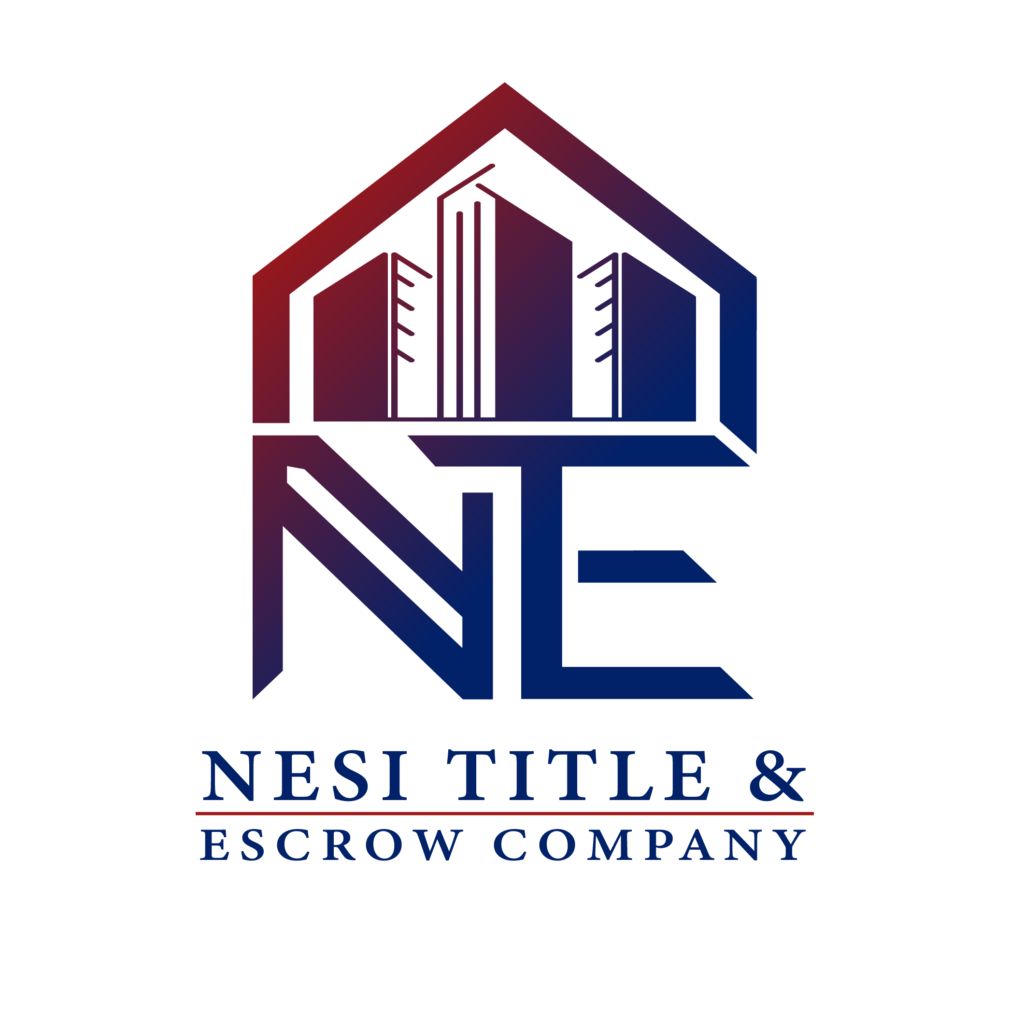Understanding the Chain of Title – A Quick Guide For Los Angeles Property Transactions
In the dynamic Los Angeles real estate market, where properties often have rich and layered histories, the concept of the chain of title is a key piece of the puzzle for buyers, sellers, and real estate professionals alike. But what exactly is the chain of title? Simply put, it’s the chronological record that traces a property’s ownership history, starting from the original owner and leading up to the present day. This record is built from various documents—like deeds, liens, and encumbrances—that have been recorded over time and impact the property’s title.
Why the Chain of Title Matters in Los Angeles Real Estate
Los Angeles is a city of diverse neighborhoods, from the historic charm of Hollywood to the sleek developments of Downtown LA. In such a bustling market, a clear chain of title plays a critical role. It’s the foundation that helps confirm a property’s ownership history, offering clarity to buyers, supporting lenders’ interests, and reducing the risk of ownership disputes. For real estate agents and clients navigating high-value transactions in areas like Beverly Hills or Santa Monica, understanding this concept can make all the difference in fostering confidence throughout the process.
What Makes Up the Chain of Title?
The chain of title is like a story told through documents. Here are some of the key components you’ll typically find:
- Deeds: These are the backbone of the chain, showing how ownership has transferred over time. In Los Angeles County, the grant deed is a common example, documenting the shift from one owner to the next.
- Liens and Encumbrances: These include financial claims (like mortgages or tax liens) or legal restrictions (like easements) tied to the property.
- Court Records: Documents from legal proceedings—think judgments, probate cases, or divorces—can also affect ownership and find their way into the chain.
- Public Records: Information filed with public registries, such as the Los Angeles County Recorder’s Office, rounds out the picture.
The Value of a Clear Chain of Title
Why does a clear, unbroken chain matter so much? Here’s what’s at stake:
- Ownership Clarity: It helps establish who has the right to sell or transfer the property—a big deal in a market with premium properties like those in Long Beach or West Hollywood.
- Fraud Prevention: A detailed chain can shine a light on inconsistencies or past issues, which is especially relevant in a city with a high volume of real estate activity.
- Lender Security: Banks and lenders often look to the chain of title to feel confident about financing deals, particularly in commercial transactions.
- Efficient Closings: A smooth chain can help keep transactions on track, avoiding delays in LA’s fast-moving market.
Common Hiccups in the Chain of Title
No chain of title is immune to potential challenges. Here are some issues that might pop up:
- Gaps: Missing documents or unaccounted-for periods in the ownership history can create uncertainty.
- Errors: Typos in public records or incorrect property descriptions can complicate matters.
- Undisclosed Claims: Surprise heirs or unresolved ownership disputes from the past might surface unexpectedly.
- Boundary Issues: In older LA neighborhoods, disagreements over property lines can muddy the waters.
Steps to Navigate the Chain of Title
For anyone involved in LA real estate—whether buying a condo in Culver City or selling a home in Santa Monica—here are some practical considerations:
- Title Search: Working with a title company familiar with Los Angeles County records can help uncover the full ownership story.
- Title Insurance: Many opt for title insurance as a safeguard against unexpected title defects. Companies like NESI Title and Escrow often provide this service for both residential and commercial deals, offering an added layer of comfort.
- Expert Collaboration: Teaming up with professionals who know the local landscape can help address any quirks in the chain.
- Stay Informed: Keeping an eye on shifts in property regulations can help everyone stay ahead of the curve.
How Real Estate Agents Can Use This Knowledge
For agents working across Los Angeles, the chain of title isn’t just a technical detail—it’s a tool to serve clients better. Consider these approaches:
- Simplify It: Break down the chain of title for clients so they see how it protects their investment.
- Get Ahead of Issues: Spot potential title concerns early to keep transactions on track.
- Know the Neighborhood: Use local insights—whether it’s Hollywood’s historic properties or Downtown LA’s modern builds—to guide clients effectively.
- Partner Up: Collaborate with trusted title companies in areas like Beverly Hills or Long Beach to tackle any title questions head-on.
Wrapping It Up
Understanding the chain of title in Los Angeles real estate isn’t just about digging through paperwork—it’s about building trust and security in every transaction. Whether you’re a buyer, seller, or agent, recognizing its role can help ensure that property deals, from the Hollywood Hills to the coast, move forward with clarity and confidence.
Disclaimer: This content is for informational purposes only and does not constitute legal advice or a guarantee of any outcome. For specific questions about your transaction, consult a qualified professional.











